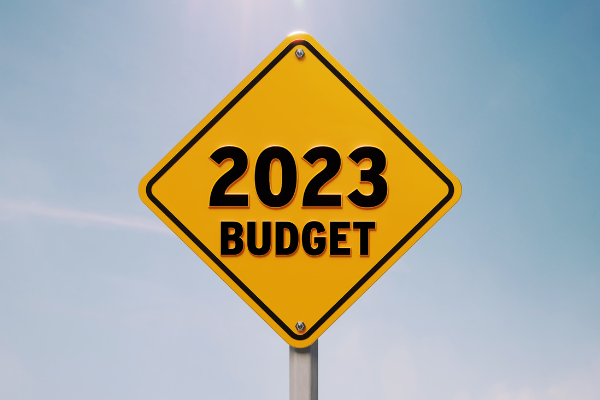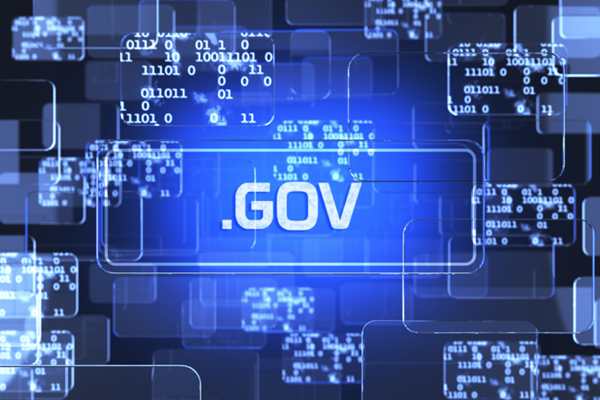The national 2023-24 Budget was released earlier this month, which will no doubt affect the telco sector in the year ahead. Here are some key details from this year’s budget:
- $86.5 million to establish a National Anti-Scam Centre, boost ASIC’s work, and establish a SMS Sender ID Registry
- $44.3 million to the OAIC to take appropriate regulatory action and enhance its data and analytics capability, and support a standalone Privacy Commissioner
- $0.9 million over 2 years to progress the review of the Privacy Act
- $26.9 million to expand Digital ID
- $23.4 million over 3 years to support small businesses to build resilience to cyber threats
- $19.5 million to support responsible entities owning critical infrastructure to respond to significant cyber threats
- $46.5 million over 4 years to establish the Coordinator for Cyber Security to enhance the Commonwealth’s cyber security efforts
- $134.1 million over 4 years to fund the eSafety Commissioner – quadrupling its base operational funding
- $10.1 million over 2 years to establish a central task force for the delivery of a new Public Safety Mobile Broadband capability – an initiative that will provide Public Safety Agencies and first responders with fast and secure voice, video and data communications
- $50 million for the Telecommunications Disaster Resilience Innovation grant program
- $15 million for the next round of the Mobile Network Hardening Program
It’s clear that cyber security and online safety are core focuses for the government, with a particularly significant increase in investment towards eSafety. This is likely to have a great impact on the telco sector as we have already seen a wide number of legislative reforms in relation to the SOCI Act, Privacy Act, and the TIA Act, as well as the ongoing development of Industry Codes for online safety.
Although IAA welcomes the government’s commitment to safety online, including cyber security, we emphasise that this be actioned in a measured and effective manner, with genuine engagement with industry and other stakeholders throughout all legislative and regulatory reform processes.






